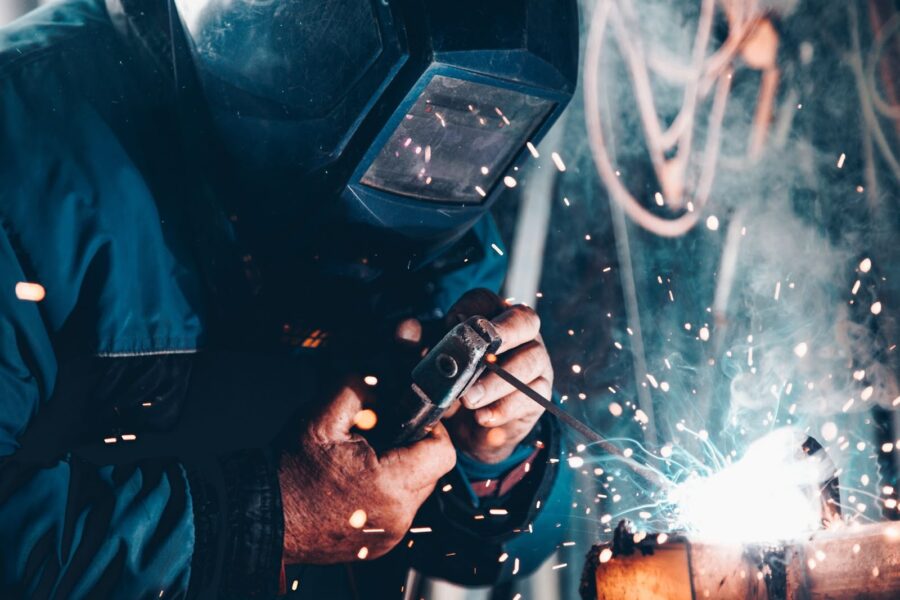Photo by Christopher Burns on Unsplash
Starting your own fabrication business can be a rewarding and lucrative endeavor. Depending on the type of fabrication you plan to do, there are several steps that must be taken to ensure success.
Before you begin, it’s important to decide what type of fabricator you want to become. Will you specialize in metalwork, woodworking, or something else? Knowing this will help guide your decisions regarding supplies and equipment needed for the job.
Here Are Some Tips On Getting Started:
1) Write a Business Plan
A solid business plan is essential for any successful small business. It will help you determine if the fabrication business is feasible and profitable. Your business plan should determine your target market, outline financial projections, identify your competitive advantage, and provide other information relevant to starting a new business. Additionally, having a strong business plan can help you secure financing from investors or lenders.
2) Secure Funding
Once you have created your comprehensive business plan, you may need to secure financing in order to purchase equipment and hire employees necessary to operate the fabrication shop. Investors and banks are often willing to lend money if they believe that the venture has potential for success based on sound evidence such as an extensive market analysis and thorough business plan.
3) Purchase Equipment and Materials
The type of equipment you need to purchase depends largely on the type of fabrication services you will be providing and the materials you’ll be working with. Basic equipment that is necessary for most fabricators includes Plasma Cutters, welding machine, drill press, band saws, shears and grinders. Additionally, in order to ensure accuracy in your work it may be beneficial to invest in precision measuring tools such as calipers and micrometers.
4) Hire Employees
You will likely need additional help operating your fabrication shop in order to maximize efficiency and production capacity. When hiring employees look for candidates that have experience with construction or industrial manufacturing techniques as well as a strong knowledge of welding and fabrication. Additionally, it is important to ensure that each employee has the proper safety training in order to minimize any potential hazards.
5) Market Your Services
Once you have established your fabrication shop and trained employees, you’ll need a way to get the word out about your services. You can use radio and television ads, print media such as newspapers or magazines, or digital marketing techniques such as SEO and social media to reach potential customers. Additionally, word-of-mouth referrals are often a great way to promote your services without spending any money on advertising.
6) Develop Relationships with Suppliers
As a fabricator, you will need access to various raw materials such as metals and plastics in order to meet customer demands. It is important to establish relationships with trusted suppliers who can provide quality materials at reasonable prices. Developing strong relationships with reliable suppliers can help ensure that your shop has sufficient materials on hand at all times and enable you to keep costs low for customers.
In Closing
By following these tips, you will be well on your way to creating a successful and profitable fabrication business. With strong planning, dedication, and customer service your business will have everything it needs to succeed.
Share this Post

